Enabling 100,000 MSMEs to do E-Commerce
How do you reach the Philippines E-Commerce Roadmap 2016-2020 target of 100,000 DTI or SEC registered micro and small medium enterprises (MSMEs) doing e-commerce by 2020?
How can MSMEs be enabled with the skill and resources to sell their products and services online —– whether through marketplaces or their own websites?
Achilles Reyes of CheckMeOut.ph shared in the E-Commerce Entrepreneurs Summit 2017 that there are less than 25,000 businesses who have their own e-commerce presence. Majority of them are in marketplaces. In addition, there are around 2 million social sellers.
I am currently creating a directory to see how near or far are we in hitting the 100,000 target.
Enabling MSMEs to do e-commerce requires on-boarding initiatives from various stakeholders. This includes:
- Marketplaces are active in recruiting merchants to sell through their platforms. It is important for their reach to go outside of the usual areas.During the DTI E-Commerce Roadshow last year, the agency have reached around 16 areas nationwide with MSMEs willing to sell online but unable to register in top marketplace platforms (aggressive in marketing and with huge customer base) as their areas are not served yet. Hence the need for more local online marketplaces who can promote and cross-list them in popular e-commerce platforms.Marketplaces who are active in their activation campaigns should also execute parallel marketing initiatives as it disappoints MSMEs to be required to go through a tedious listing process (from proof of business registration documents submissions to product postings) and found themselves not having a sale. Doubting if their time was wasted by the platforms they joined in.
- Training MSMEs to do e-commerce —- initiatives should come from multiple sectors. In order to achieve explosive growth, hitting the 100,000 target in 2020, requires development programs from different sectors in empowering MSMEs to do e-commerce.Government, academe, marketplaces, business organizations, cooperatives, and advocacy groups can play an important role to make this happen.
E-Commerce Empowerment Framework for MSMEs
I have been developing e-commerce education content since 1999 when DigitalFilipino.com was first came out. Through the years, the pressure is there to create programs that are sustainable and usable on the part of the MSME.
 I like doing projects where training is rigid. My usual training program includes:
I like doing projects where training is rigid. My usual training program includes:
- Branding, Value Proposition, Buyer’s Journey
- E-Commerce Website Development
- Content Development
- List Building & Customer Relationship Management, E-Mail Marketing
- E-Commerce Law, Data Privacy Law, Cybercrime Law, Sales Promotion, Consumer Protection Policies
- E-Payment Acceptance
- Search Engine Optimization
- Blogging
- Social Media Presence Creation
- Digital Marketing Campaign Execution
Here are some for reference. Initiatives where the above are rolled out includes:
 Rural Impact Sourcing Technical Training
Rural Impact Sourcing Technical Training
The Department of Information and Communications Technology (DICT) in partnership with the local government units and Department of Trade and Industry have started the Rural Impact Sourcing Technical Training Project.
This 12-days program will be rolled out in areas such as Carmona (Cavite), Aurora, Iloilo, Sarangani, Catanduanes, Aklan, Cabadbaran City, Tagum City, Quezon City, Albay, Negros Occidental, Zamboanga, Siargao, Masbate, Cauayan, Bogo City, Basilan, Balanga, Quirino, Maasin, Dumalinao City, Tarlac, Allen, Mati City, Plaridel (Misamis Occidental), Bonton (Mt. Province), Dapitan City and other areas this year.
An additional module in this training is “Building a Freelancer Profile”.
Will be working closely with 10 trainers who will conduct this training program in 27 areas. Trainees will be paired with an MSME and work together in completing the program to reach the target output. Training starts this July 2017.
 E-Commerce & Digital Marketing Mentoring Program for MSMEs
E-Commerce & Digital Marketing Mentoring Program for MSMEs
I am very thankful to the Department of Trade and Industry Cebu who first gave me the opportunity in conducting a 12-days mentoring program for MSMEs. We have finished two batches so far and we have one more this 2017.
Batch 1 performance (December 2016) reached P300,000 for their 21-days marketing campaign. MSMEs include Total Pro-Tech Solutions Inc., Arella Organics, Chitang’s Torta, Sustainable Energy & Enterprise Development for Communities, Aggregates 4U, Natura Crafts, Mommy Buddy.
Batch 2 performance (May-June 2017) reached 3 million pesos for their 21-days marketing campaign. MSMEs include South Cebu Tours, Subida Souvenirs, Tubigon Woven Raffia, Shaoi Arts & Crafts, Boton, Prints Etc, Emirich Seafoods, Tessie’s Sweets & Pastries, Crissander, Haute Royale Events & Design, and Orgonise Maharlika.
Apart from MSMEs, the DTI Negosyo Center councilors in the region are being trained as well in order for them to conduct the training program themselves from 2018 onwards.
In order to achieve explosive growth, it is important for more people to be capable and confident in rolling out programs like this in their respective areas.
Completing the Philippines E-Commerce Roadmap projects by 2018.
We need more e-commerce initiatives in the Philippines to help reach the target of 100,000 MSMEs doing e-commerce by 2020. This includes completing important targets in the Philippines E-Commerce Roadmap such as:
- E-Notarization Guidelines
Once the Supreme Court issues the guidelines for this one, it will facilitate a great number of business and business transactions to happen online. - Eletronic Sales / Charge Invoices, Official / Collection Receipts
At the moment, when you register a business at the Bureau of Internal Revenue, what is typically issued are paper-based receipts. But all tax related documents are required to be submitted electronically (sooner or later as mandatory).We need to reach a point where official receipts, collection receipts, sales invoice, charge invoice can already be issued electronically and sent through email, SMS, and be printed as needed without being required to go through special application processes that takes too long to approve.
Kudos to all companies, NGO groups, and government offices doing projects in this space to help reach the targets set in the roadmap.

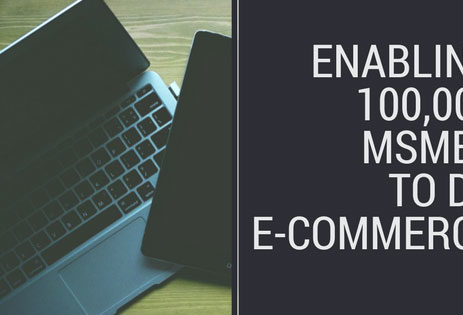

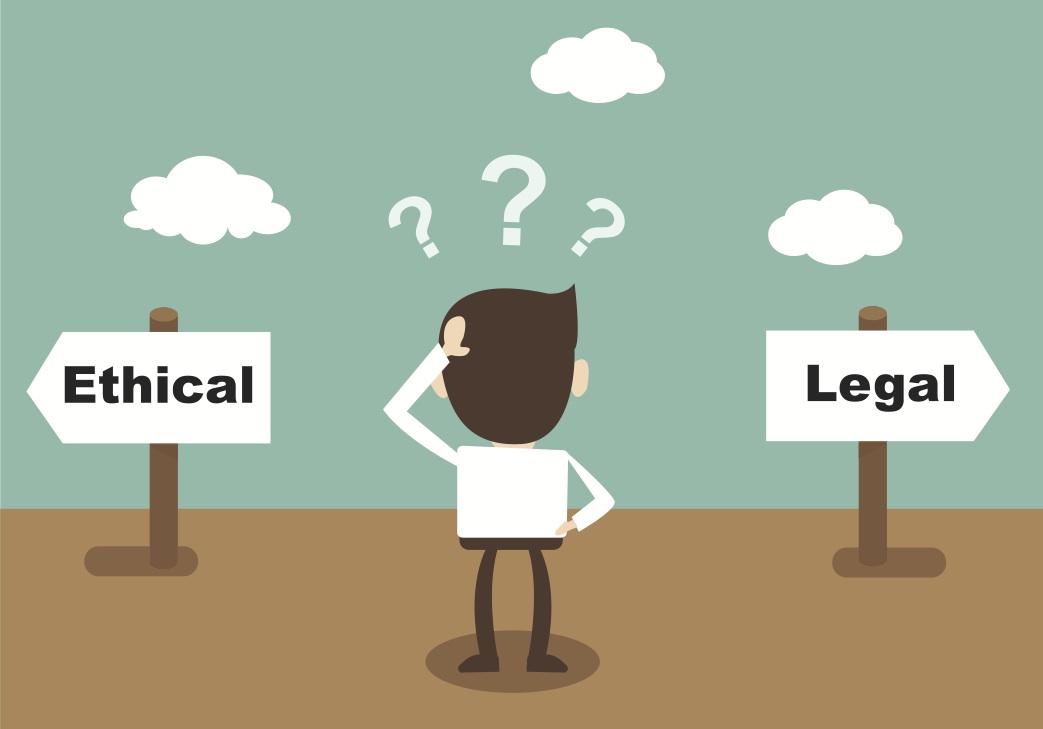

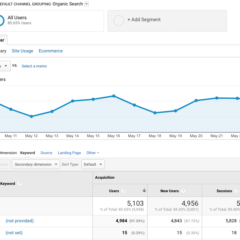
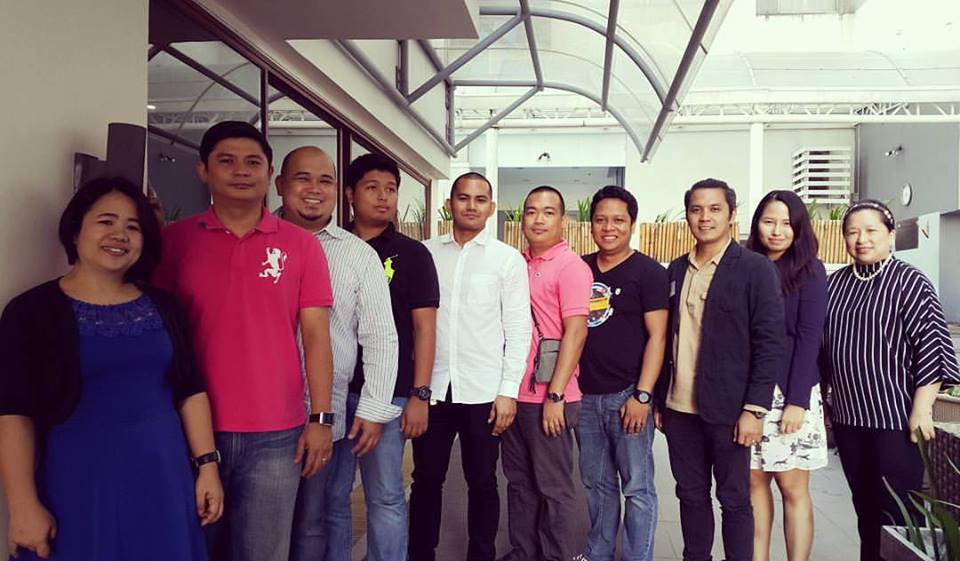


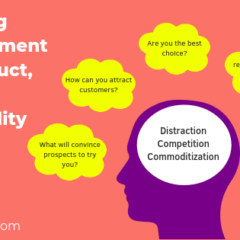
Leave a Reply